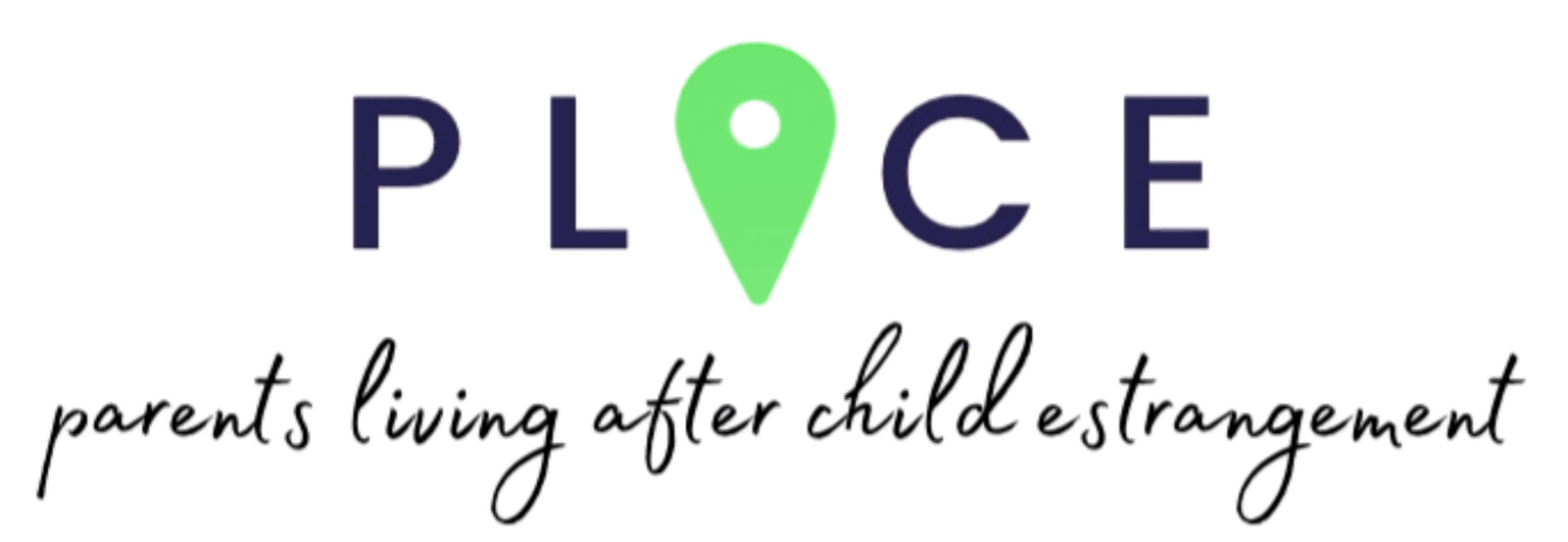Hi, I’m Brian Briscoe.
If you’re reading this, chances are you’re carrying a kind of pain that’s hard to put into words. You wake up thinking about your child. You go to sleep wondering what went wrong. You replay conversations, birthdays, milestones. You ask yourself how it got to this point—and how you’re supposed to live with it.
I want you to know something, right from the start:
You are not alone.
Your pain is real.
There is a way through it.
Estrangement from your child is one of the most painful experiences a parent can endure. But healing—real, meaningful, soul-level healing—is possible. Not because you “get over it,” but because you learn how to live with it in a way that honors both your love and your self-worth.
Let’s talk about how.
Understanding the Pain of Estrangement
Child estrangement creates a kind of grief most people don’t understand unless they’ve lived it. It’s a loss with no funeral, a wound with no closure.
You’re grieving, even if no one died.
Estrangement often feels like a death—except the person you’re grieving is still alive. You might see them on social media, hear about them from relatives, or imagine them living life without you.
This kind of ambiguous loss is incredibly difficult. It’s filled with:
- Confusion
- Denial
- Guilt
- Shame
- Anger
- Deep, aching sadness
You’re isolated.
Many estranged parents don’t talk openly about their experience for fear of being judged. Some friends and family members minimize the pain. Others offer advice that stings more than it helps.
You might hear:
- “They’ll come around eventually.”
- “Just apologize again.”
- “What did you do?”
- “You need to let it go.”
But the truth is, estrangement is complex, and coping with it takes more than clichés and quick fixes.
Coping Isn’t About “Moving On.” It’s About Moving Forward.
Let’s be clear—coping doesn’t mean forgetting your child. It doesn’t mean pretending you don’t care. And it certainly doesn’t mean blaming yourself endlessly.
Coping means building a life that honors your love and allows you to breathe again. It means learning to coexist with the loss in a way that doesn’t consume you.
Here’s how.
1. Acknowledge What You’re Feeling—Without Judgment
Grief is never linear. One day, you might feel numb. The next, devastated. Then hopeful. Then furious.
Whatever you’re feeling—it’s valid. You don’t need to justify it. You don’t need to apologize for it.
Let yourself cry. Let yourself feel. Suppressing your emotions won’t help you heal—it only stores the pain deeper.
If you feel:
- Guilt — explore it gently. What do you believe you did wrong? Is that belief fair or distorted?
- Anger — allow it to surface in safe ways (journaling, movement, talking with a therapist).
- Shame — remember that mistakes don’t define your worth.
You’re allowed to feel without having all the answers.
2. Stop Trying to Control the Outcome
One of the hardest parts of estrangement is the powerlessness. You may have done everything you know to do—apologized, reached out, stayed silent, waited. And still, no change.
It’s agonizing.
But coping means learning to release what you can’t control:
- Your child’s choices
- Their healing timeline
- Their perceptions or narratives
You can only control:
- Your own healing
- How you treat yourself
- What you choose to carry—or let go of
Letting go doesn’t mean giving up. It means refusing to let your well-being hinge entirely on someone else’s actions.
3. Find Safe Spaces to Talk
Most estranged parents say the same thing when they first open up:
“I thought I was the only one.”
You’re not.
Support groups, like the ones we host at PLACE, provide a space where you don’t have to explain or defend your experience. You can be honest. You can cry. You can say what you’re really thinking without fear of judgment.
Whether it’s a group or a one-on-one session, talking helps:
- Normalize your feelings
- Reduce shame
- Offer hope through shared experience
Sometimes just hearing, “Me too” is a step toward healing.
4. Practice Radical Self-Compassion
This is not your fault alone. Even if you made mistakes (and we all do), punishing yourself won’t bring reconciliation—or healing.
Self-compassion means:
- Speaking to yourself the way you would a friend
- Allowing yourself to rest without guilt
- Choosing nourishment over punishment
- Accepting your imperfections
If you wouldn’t say it to someone you love, don’t say it to yourself.
5. Reconnect with Who You Are Outside of Parenting
This might be the most painful part of estrangement: the sense that your identity as a parent has been ripped away.
But you are still a whole person.
You are more than this one relationship. You are:
- A partner
- A friend
- A neighbor
- An artist, a volunteer, a learner, a teacher
Rediscovering your identity isn’t selfish—it’s essential. What brings you peace, purpose, or joy outside of parenting? Start there.
6. Set Boundaries to Protect Your Peace
Estrangement can open the door to all kinds of unhelpful interactions—especially with people who “mean well.”
You have the right to say:
- “I’m not ready to talk about that.”
- “I’d prefer not to be given advice.”
- “This conversation is painful for me right now.”
And when it comes to your child, setting boundaries may mean:
- Limiting how often you reach out
- Choosing not to engage if they are cruel or dismissive
- Creating space to heal—even if that feels counterintuitive
Healthy boundaries are an act of self-respect. They don’t mean you’ve given up—they mean you’re preserving your ability to stay emotionally well.
7. Create Rituals to Process Your Grief
When there’s no closure, it helps to create your own rituals. These acts can be symbolic, spiritual, or deeply personal.
Ideas include:
- Writing letters you don’t send
- Lighting a candle on significant dates
- Creating art, poetry, or music
- Keeping a grief journal
- Walking in nature and speaking aloud to your child
These rituals don’t “solve” the estrangement—but they give your grief a voice, a shape, and a container.
8. Cultivate Hope—Even If It Looks Different Now
Hope is not the same as expectation.
You can hold hope that one day, your relationship might shift. That your child might seek connection again. That healing might become mutual.
But you can also hold new hope:
- Hope for your healing
- Hope for new relationships
- Hope for a meaningful life, even without this bond
Hope is what reminds you that life can still be beautiful—even when it’s different than you imagined.
You’re Allowed to Keep Living
Here’s something many estranged parents need to hear—especially if it’s been years since you’ve spoken to your child:
You are still allowed to live. To laugh. To fall in love with life again.
Estrangement doesn’t erase the love you have for your child. And your healing doesn’t mean you’re giving up on them. It just means you’re choosing to survive. To thrive. To become whole again.
You matter.
You’re not alone.
And you are still worthy of peace.
Let’s walk this journey together.
—Brian








